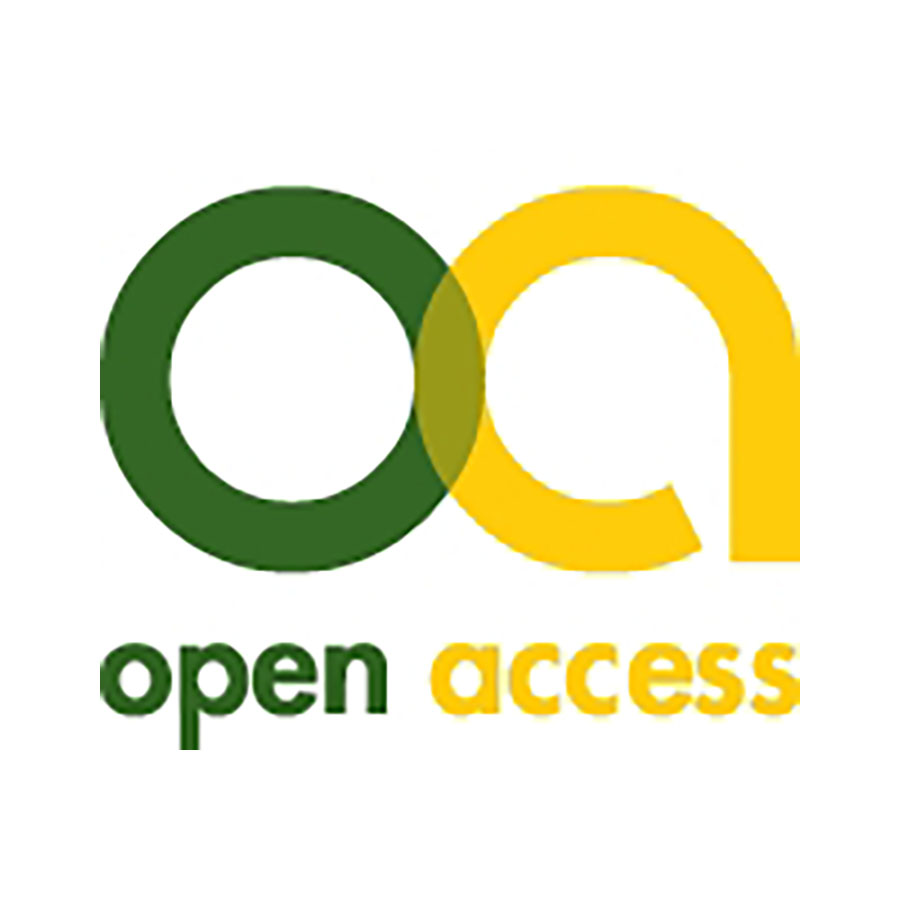 |
The Open Access Publication Fund provides researchers at the University of Stuttgart with central funds to finance their Open Access publications. The German Research Foundation (DFG) will be funding the Open Access publications of the University of Stuttgart with up to EUR 836,800 in the years 2025-2027, of which EUR 15,000 will be allocated to book publications. |
Thus, scientists at the University of Stuttgart will continue to be supported in publishing research results in Open Access journals. A list of articles already funded can be found here.
The following requirements must be fulfilled for full funding:
- A member of the University of Stuttgart (with a corresponding affiliation designation, see Publication guidelines of the University) is responsible for paying the Article Processing Charges as a "Corresponding Author".
- Only articles in original Open Access journals ("Gold Open Access") that apply strict quality assurance
procedures (“Peer Review”) acknowledged in the respective subject can be funded. An overview of such journals
is provided, for example, by the DOAJ – Directory of Open Access Journals. - The Article Processing Charges may not exceed a maximum of EUR 2,400 (gross, incl. 19 % tax) per article and a maximum of EUR 1.200 (gross) for MDPI publications.
A reimbursement of Article Processing Charges exceeding EUR 2,400 resp. EUR 1,200 (each incl. 19 % tax) is possible proportionately (settlement with the participating university institute). - Open Access articles in subscription journals are not eligible for funding. These are journals in which not only Open Access, but also Closed Access articles are published ("Hybrid Journals").
Articles in "mirror journals" are also not eligible for funding, nor are articles with embargo ("Delayed OA"). - The Lizenz CC BY or a regulation with the same content) was selected for the publication; publications with CC licenses with restrictive modules such as CC BY-NC-ND are not eligible for funding.
The funded articles may thus be self-archived on the University’s publication server OPUS for better findability and long-time archiving. - A note is included in the "Funding Acknowledgements" of the publication if it is the result of DFG research funding (third-party funding).
Authors report their submitted publication as "Submitting resp. Corresponding Author" via online form to the Open Access Team of the University Library for nonbinding reservation.
If you are not sure whether your publication is eligible for funding, you can always submit the request form and use the comments field for questions. The Open Access Team will get back to you via e-mail as soon as possible.
Please let the OA-Team know as soon as your article has been accepted (or rejected, as the case may be) for publication by the publisher. Only then you can receive a binding commitment for the assumption of costs.
With the publishers Wiley, Springer Nature und Elsevier you can submit without the application form, even for hybrid journals. Billing and funding are carried out centrally via the DEAL agreements.
We would also like to draw your attention to the information campaign "Open Access means CC BY".
In the case of funded publications, a corresponding note must be included in the "Funding Acknowledgements" if these are the result of DFG research funding (third-party funding). The identification is usually done by the 9-digit DFG project number (see GEPRIS database).
The funding of publication costs should no longer be mentioned in the "Funding Acknowledgements".
Please note the following steps:
- Specify the central billing address of the University of Stuttgart:
- rechnung@uni-stuttgart.de
Universität Stuttgart
Own institution/institute & FS number of the University Library (FS 404521)
Zentraler Rechnungseingang
Keplerstr. 7
70174 Stuttgart
- rechnung@uni-stuttgart.de
The VAT number of the University is DE 1477 94 196 (see https://www.uni-stuttgart.de/en/legal-notice/).
As a support measure, in addition to the Open Access Publication Fund, the University of Stuttgart has concluded memberships and further agreements with publishers. On the one hand, these facilitate the organizational handling of the publication of your research results as authors (central billing etc.); on the other hand, many of the memberships also offer discounts regarding the Article Processing Charges (APCs).
The University of Stuttgart encourages its authors to renegotiate Article Processing Charges (APCs) of more than EUR 2,400 (incl. 19 % tax) with publishers individually so that full funding from central funds is possible. The University Library will assist if needed.
Details and further projects see at Third-party funded projects of the University Library (DE)


